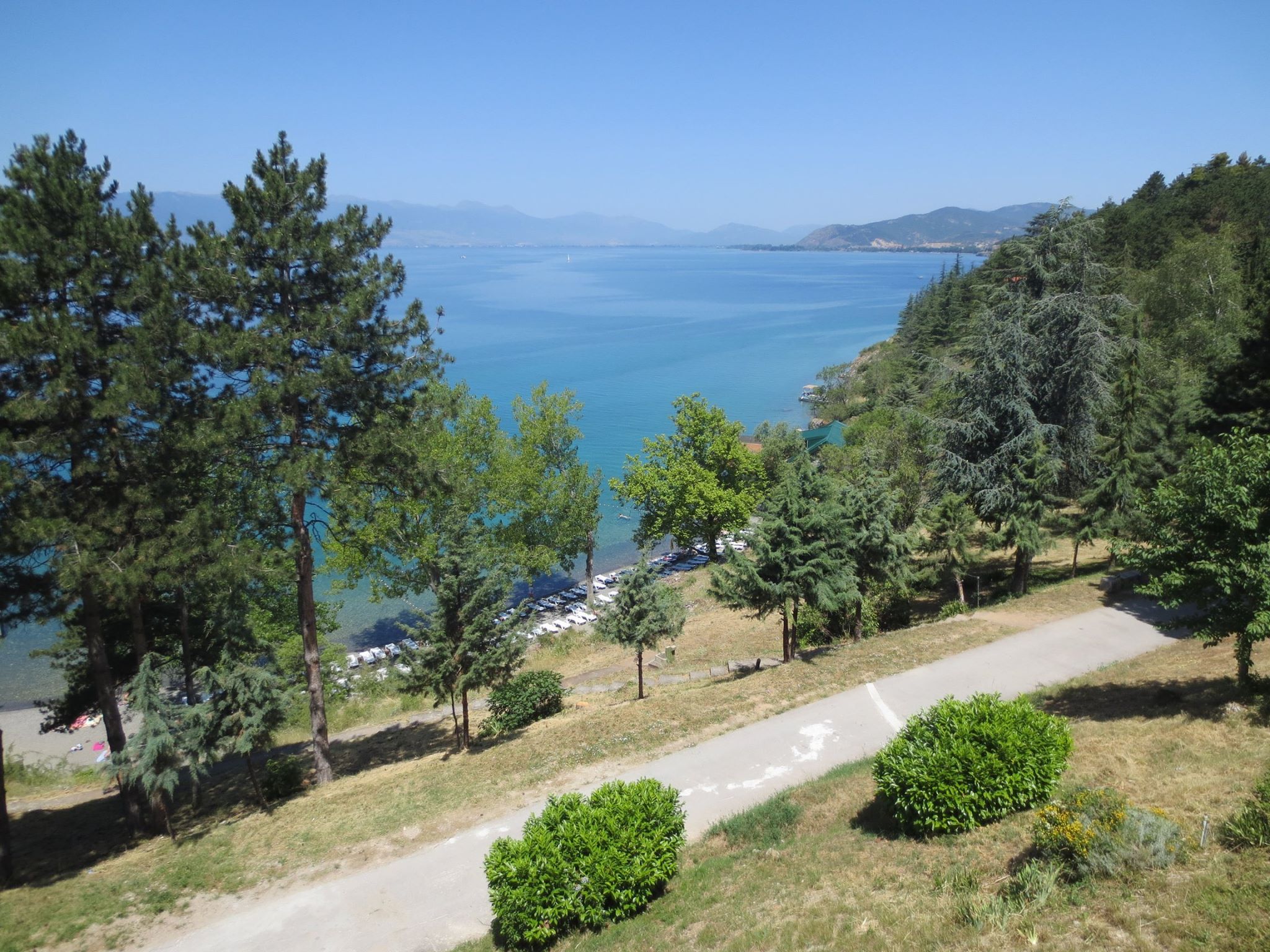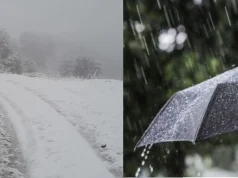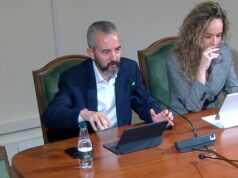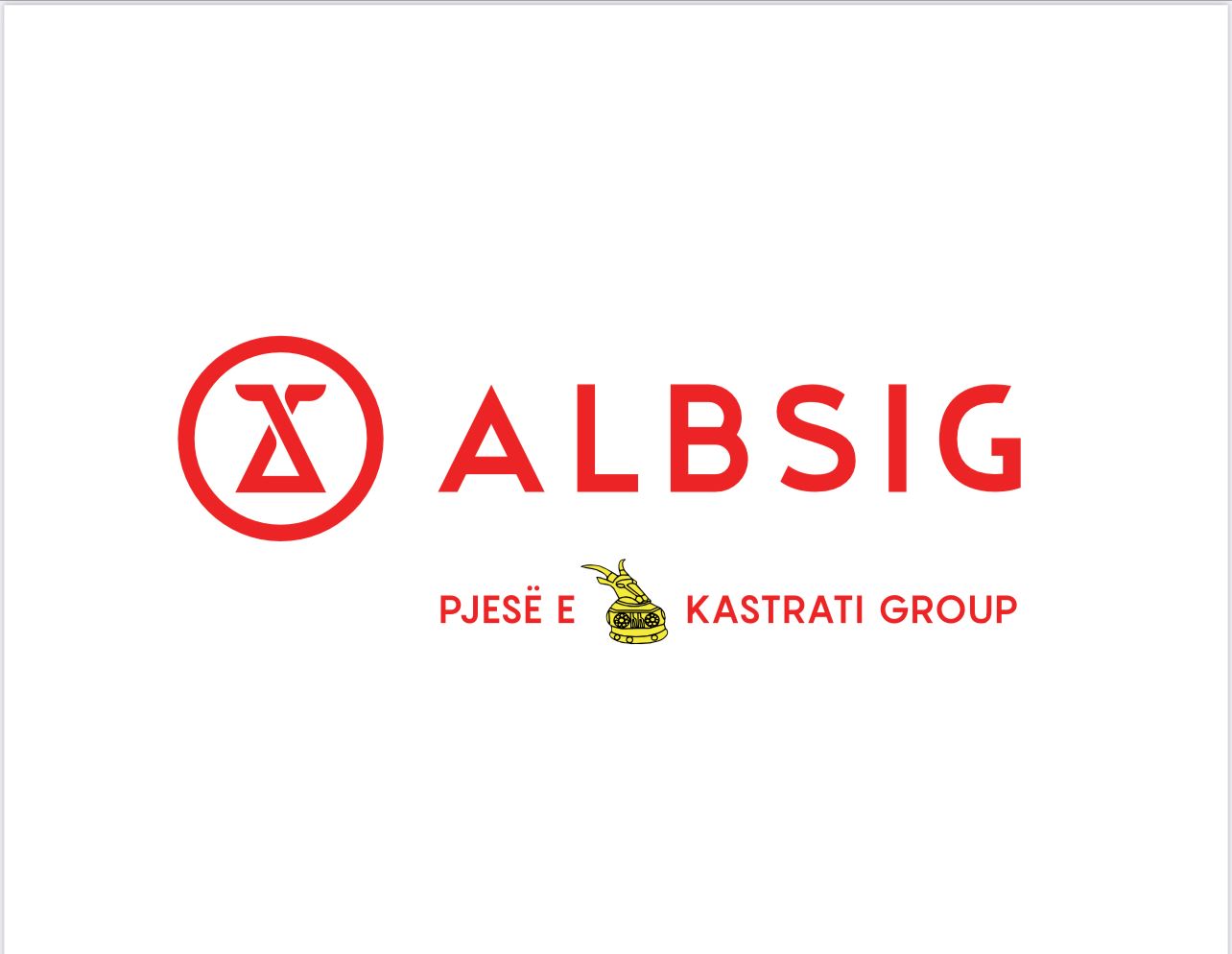
The Drin River is the longest river in Albania with a total length of 335 km. It flows to the Adriatic Sea, near Lezhë, and into the Buna River, a river that was created as a result of a flood in the 19th century.

Journalists gather together during Environmental Reporting for Journalists organised by Water Partnership – Mediterranean (GWP-Med)
The Drin is formed near the town of Kukës. Through the merging of two rivers: The White Drin and The Black Drin. The White Drin originates north of Peja, Kosovo. The Black Drin originates in Struga, Republic of Northern Macedonia. The Black Drin flows from Lake Ohrid through the Diber Region meeting the White Drin in Kukës. The merged Drin flows from Kukës through the Albanian Alps to the Dukagjin Highlands, into the Adriatic Sea.

The Economy
The Drin River is very important for the Albanian economy. It is the main source of energy for the country and tourism. Along the main Drin River, there are four hydropower plants that produces most of Albania’s electricity with a capacity of 1200MW. Furthermore, the flow of the Drin regulates water and flood prevention in the country. The Drin’s presence in Albania has created touristic beauties that are frequently visited. The merging of the White and Black Drin has created one of the largest artificial lakes, Fierza Reservoir, which is frequented by tourists. Other touristic locations frequented are, the Shala River and the Valbona River in the Albanian Alps. The hydropower plants and water tourism directly contribute to the Albanian economy and areas of development for the country.

The Drin basin and its water are very important to Albania but also, international waters impacting Greece, Montenegro, North Macedonia, and Kosovo. The Drin not only provides hydropower support to Albania but also provides drinking water, agriculture, and fisheries to the international community along with rare biodiverse flora and fauna that supports animal life. Furthermore, the Drin’s flow works to sustain coastal and marine ecosystems in the Adriatic through the continuous flow of fresh water.

Arlis Alikaj and experienced journalist and former BBC Correspondent, Mr. Kieran Cooke, who delivered the training and taught participants about key water and environmental issues such as climate change, competing water uses and water pollution.
In the city of Ohrid at the UNESCO World Heritage Site, Global Water Partnership Mediterranean held a two-day training event for journalists regarding the Drin Basin. Journalists from Albania, Greece, Montenegro, North Macedonia and Kosovo were trained in environmental and water reporting. During this training the journalists learned about the Drin’s international importance and the 200.000 USD Lake Ohrid Pilot Activity, under the GEF Drin Project.
During the training, I had the opportunity to meet journalists from neighboring countries that the Drin also impacts. It was interesting to meet other state actors and discuss the importance of the Drin and the same problems it faces.
In general, Balkan countries have problems with management and need good practices from development countries and expertise. During the discussion, we found that we need an action plan by our mutual governments to act and implement better in protection of the Drin nationally and internationally. In Albania, the Drin’s water basin, where the four hydropower plants are located, is being threaten by erosion, deforestation, garbage dumping, and the depletion of the natural ecosystem.

Researchers from several districts in the northern areas of Albania have reinforced tire concerns we can point to this water base by proposing immediate intervention to free the natural ecosystem from further permitting. The international community that benefits from the Drin needs a shared strategic vision aimed at developing cooperation and taking measures to minimize flooding, improve solid waste management.
After the training concluded, we felt that it was important to use our journalistic efforts to raise awareness on the Drin River. First, focusing on the importance of the Drin River to each country, its natural resources, and touristic capabilities. Next, raise awareness of the current issues harming the Drin River and how it will negatively affect the country and economy. Lastly, it is beneficial to promote water protection through cross-border co-operation between the Western Balkans and water preservation organizations.

Home to the UNESCO World Heritage Site, the historic city of Ohrid sits on the shores of Lake Ohrid – the oldest Lake in Europe.
The Drin River is important to the lives of the people living in the countries it touches. As Drin benefactors, we must raise awareness in order to lead a prosperous and healthy life for the flow of the river in order for it to continue assisting people, fish, agricultural lands and international waters.
My thoughts of tourism and development and how to improve this situation: Arlis Alikaj.










